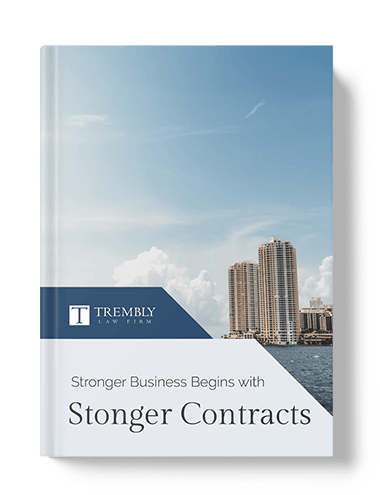Limited Liability Companies (LLCs) are fairly commonplace today for several reasons, particularly the limited liability conferred upon the owners of the company, as well as separate entity status for tax corporations. However, limited liability companies were not always the go-to business form for the common businessman. Many years ago LLCs were frowned upon by business owners because of complicated tax schemes that came about when forming an LLC. All of this changed with some simple regulation, regulation which is key in understanding the desirability of an LLC and why you, as a business owner, should consider it.
Prior to 1960, most corporations received separate tax treatment from unincorporated entities such as proprietorships and partnerships. As a result, many business owners had to weigh the benefits of incorporation with its detriments. While business owners certainly would enjoy more lenient tax treatment by incorporating, they were subject to double taxation: both at the corporate level and then at the personal level. Those who incorporated, while subject to the double taxation, were able to take advantage of limited liability. On the other hand, unincorporated entities were only subject to individual taxation on profits paid out to partners. Again, the unincorporated entities were subject to personal liability, and thus faced their own detriments.
This changed almost overnight in 1960, when the IRS adopted Treasury Regulation 301.7701-2, better known as the Kintner Regulations. The Kintner Regulations provided that any unincorporated organization that satisfied three of the following four characteristics would be taxed as a corporation: limited liability; centralized management; freely transferable ownership interests; and continuity of life. At the time, corporations would continue to be taxed as partnerships, while unincorporated companies would continue to be taxed as unincorporated partnerships.
Ultimately, most states did not catch on, and in 1997, the IRS scrapped the Kintner Regulations and allowed an unincorporated entity to choose its type of taxation so long as it did not have publicly traded shares. Therefore, for the first time, an unincorporated company could choose to be taxed as a corporation, and with it, came the ability to undertake limited partnership without undergoing corporate transformation. The LLC momentum reached its full head of steam.
Today, all states have LLC statutes that allow company owners to take on the form of a limited liability company, ensuring unincorporated companies could enjoy the benefits of limited liability without having to incorporate. For most business owners, this was a huge boost. Without limited liability, business owners would subject themselves to personal liability, exposing all of their personal property and funds on the line for any possible legal battles that ensue.
If you are a current business owner or plan to become one soon, filing the right paperwork to form a limited liability company may prove to be extremely important in protecting your personal assets. Give the Trembly Law Firm a call at (305) 431-5678 to discuss what steps you need to take and ensure your company receives the protections of an LLC.

















